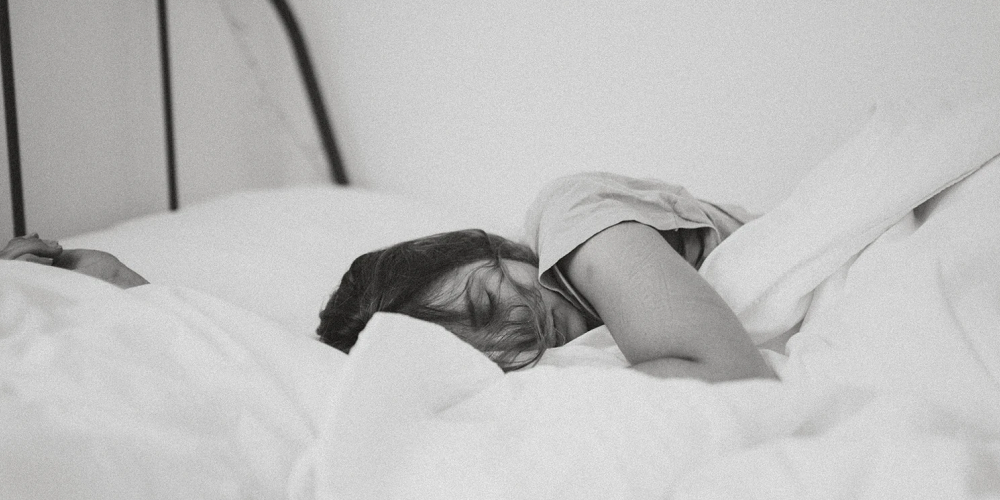Sleep hygiene refers to a set of practices and habits that promote good sleep quality and optimal sleep health. By adopting healthy sleep habits, you can improve the quality and duration of your sleep, leading to better overall health and well-being. In this article, we’ll explore some tips for improving sleep hygiene and getting the rest you need.
Stick to a Consistent Sleep Schedule:
- Go to bed and wake up at the same time every day, even on weekends. Consistency helps regulate your body’s internal clock and promotes better sleep quality.
Create a Relaxing Bedtime Routine:
- Establish a relaxing bedtime routine to signal to your body that it’s time to wind down and prepare for sleep. This could include activities such as reading a book, taking a warm bath, or practicing relaxation techniques like deep breathing or meditation.
Create a Comfortable Sleep Environment:
- Keep your bedroom cool, dark, and quiet. Invest in a comfortable mattress and pillows, and use blackout curtains or a white noise machine to block out any light or noise that might disrupt your sleep.
Limit Exposure to Screens Before Bedtime:
- Avoid using electronic devices such as smartphones, tablets, and computers in the hour before bedtime, as the blue light emitted by these devices can interfere with your body’s ability to fall asleep.
Be Mindful of What You Eat and Drink:
- Avoid heavy meals, caffeine, and alcohol close to bedtime, as they can disrupt your sleep. Instead, opt for light, easy-to-digest snacks and herbal teas that promote relaxation.
Get Regular Exercise:
- Regular exercise can help improve sleep quality and duration. Aim for at least 30 minutes of moderate exercise most days of the week, but avoid vigorous exercise close to bedtime, as it can interfere with your ability to fall asleep.
Manage Stress and Anxiety:
- Practice stress-reducing techniques such as deep breathing, progressive muscle relaxation, or mindfulness meditation to help calm your mind and prepare your body for sleep.
Limit Naps During the Day:
- While short naps can be beneficial, especially for older adults, long or irregular napping during the day can interfere with your ability to fall asleep at night. If you need to nap, try to keep it short (20-30 minutes) and avoid napping late in the day.
Avoid Stimulating Activities Before Bedtime:
- Engage in relaxing activities before bedtime, such as reading a book, listening to calming music, or taking a warm bath. Avoid stimulating activities such as watching TV or engaging in intense discussions, as they can make it harder to fall asleep.
Seek Professional Help if Needed:
- If you continue to have trouble sleeping despite practicing good sleep hygiene, it’s important to talk to a healthcare professional. They can help identify any underlying issues and recommend appropriate treatment options.
Conclusion
Improving sleep hygiene is essential for getting the rest you need to feel your best. By adopting healthy sleep habits and making sleep a priority, you can improve the quality and duration of your sleep, leading to better overall health and well-being.

Leave feedback about this